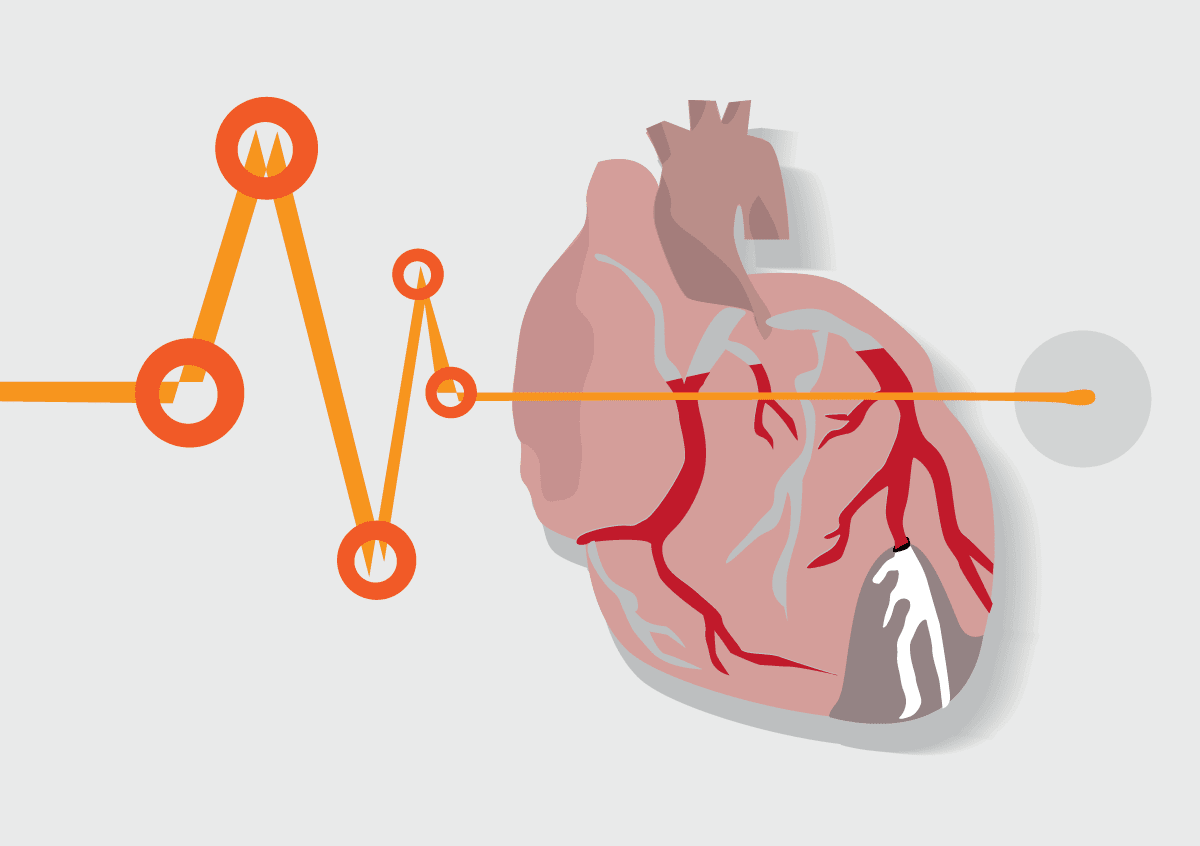Many people know common risks for heart disease, including family history, high blood pressure, high cholesterol, being overweight, and smoking. It turns out there may be more risk factors than you realize.
Related: Discover How L-arginine Plus® can support the health of your heart.
Here are 12 surprising things that may affect your risk of heart disease:
1. Eating at the wrong time
People who regularly eat a morning meal tend to have lower rates of heart disease, high cholesterol, and high blood pressure, according to the American Heart Association (AHA). “There is a great deal of evidence to suggest that eating breakfast is important to cardiovascular health,” says Dr. Bauman. “When you skip this important meal, your risk of diabetes, elevated cholesterol, weight gain, and obesity all increase.” Also, late-night eating increases your risk for obesity, which negatively affects your heart.
2. Vaping
Electronic cigarettes are safer than real cigarettes, but they’re far from harmless. E-cigarettes contain formaldehyde and acetone, which affect blood pressure regulation, promote blood clots, and accelerate the arterial plaque formation. Many vapes also contain nicotine which is a stimulant and increases heart rate and blood pressure.
3. Having a negative body image
How you feel about your body may affect your ability to take care of your heart. In a study in the journal Obesity, overweight women who had higher levels of “weight-bias internalization”—meaning they applied negative stereotypes about obesity to themselves—were more likely to have metabolic syndrome than those with low levels. Research showed that shaming people into getting healthy doesn’t work and may hurt them physically as well as emotionally. Instead, it is better to build confidence and work toward achievable weight loss and fitness goals.
4. Delivering a premature baby
A link from one study found that women who delivered a premature baby before 37 weeks gestation had a 40% greater risk of later developing heart disease, compared to those who had full-term pregnancies. However, women who had even earlier deliveries (before 32 weeks) had double the risk of those who had gone full-term.
5. Lack of higher education
Adults with no additional educational qualifications had more than double the risk of heart attack, compared to those with a college degree. Receiving a higher education can impact heart health by influencing where people live, what type of careers they have, how much money they make, what food they eat and their lifestyle.
6. Getting the flu
A study published in January 2018 in the New England Journal of Medicine finds the risk of heart attack is six times greater in the week after being infected with the influenza virus than in the year before or after. “Little revs up your body’s immune response quite like the flu, explains Alfred Casale, MD, chair of the Geisinger Heart Institute in Danville, Pennsylvania. “All the body’s defense mechanisms, all of its inflammatory soldiers, get called into service to destroy the virus,” he says. The flu can also lead to heart and blood vessel inflammation.
The flu shot may protect you because it “decreases the overall inflammatory effect on the heart,” he says.
7. Having breast cancer
Women who receive chemotherapy and radiation for breast cancer could be at higher risk for heart disease, even years after treatment, the AHA stated in February 2018. The study found that breast cancer survivors, especially women 65 and older, are more likely to die from heart disease than breast cancer.
8. Binge-watching
If you develop a lifestyle of sitting for hours at a time watching back-to-back episodes of your favorite shows, you could be setting yourself up for heart trouble. “Inactivity is generally bad for you,” explains Dr. Casale. “It predisposes you to blood clots.” Plus, while you’re binging, you might end up snacking on junk food or drinking too much alcohol. Add those risks to existing concerns like genetics or obesity, and “you’re starting to tip the scales against you,” he says.
9. Undiagnosed sleep apnea
Scientists are uncovering more evidence that sleep apnea is strongly linked to heart disease. Left undiagnosed, sleep apnea can lead to high blood pressure or heart rhythm irregularities such as atrial fibrillation. Doctors at La Fe University and Polytechnic Hospital in Valencia, Spain, recently found that when sleep apnea in elderly patients was treated, their odds of cardiovascular death returned to normal.
10. Vitamin D deficiency
Studies have shown a link between vitamin D deficiency and heart disease. Vitamin D can lower blood pressure by reducing the activity of the renin-angiotensin-aldosterone system, which plays a vital role in regulating blood volume and vascular resistance. Vitamin D also prevents tissue scarring from forming in the heart, reduces the effects of diabetes and prevents blood clots. A simple blood test will determine if you have a vitamin D deficiency.
11. Blood type
According to the Harvard School of Public Health, people with type A, B or AB blood types have a slightly higher risk of heart disease compared to those with type O blood. Type A blood boosted the risk by five percent, type B by 11 percent and type AB by 23 percent. Researchers aren’t sure why the differences exist, but there’s evidence that type O blood may flow better and clot less, and other types may be higher in bad cholesterol.
12. Healthy weight with extra belly fat
Obesity is a well-known risk factor for heart disease. Research shows that those at a healthy weight with a high waist to high ratio might be at higher risk than obese. So if your body mass index (BMI) is low, but you have extra fat around your belly, this is a risk factor to take seriously.
Learn more about what L-arginine Plus® can do to help support the health of your heart.

